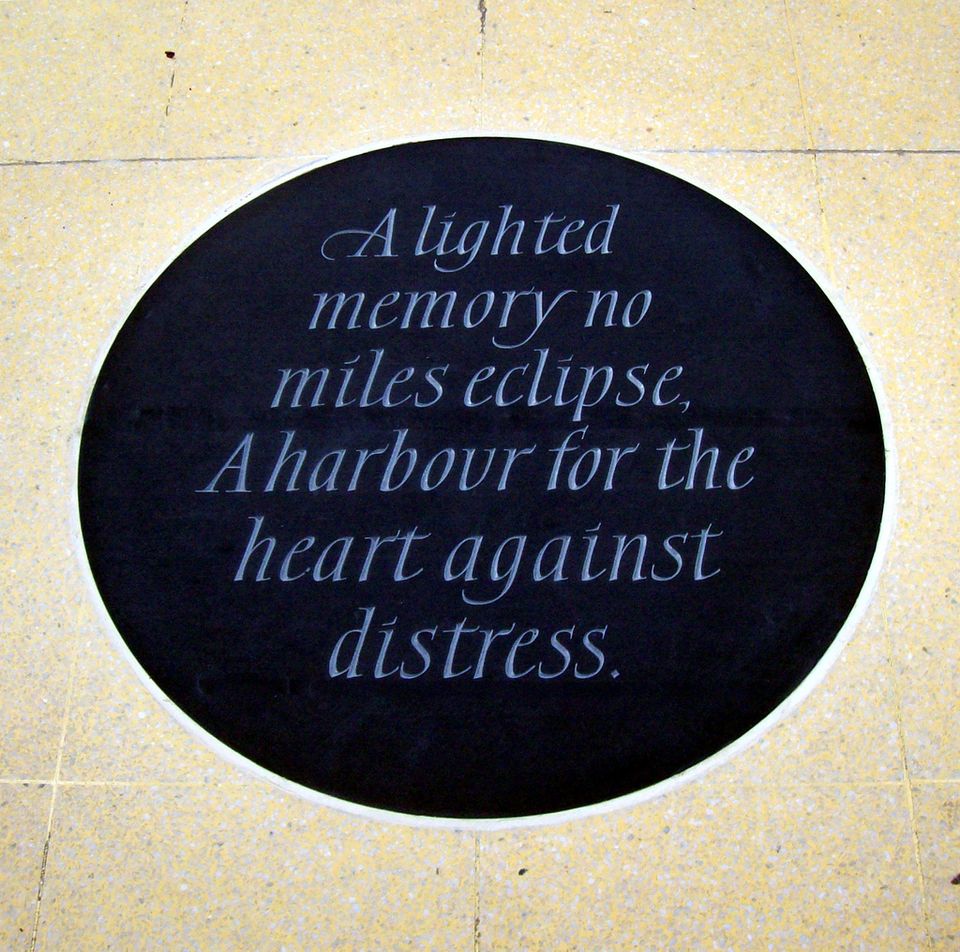From William Writes About the World Around Him:
“When we’re told stories of the great modern stylistic changes in Western art—representational to abstract, tonal to dissonant, formal to free verse—we always hear about photography’s effect on visual art and we sometimes hear about the effects of recording and amplification on music. Maybe there’s a story to be told about recording, reproduction, and poetry, but the poets seem to be keeping it to themselves.
But think of it this way: if you’re writing short sequences of words in hopes that people will understand, remember, and repeat them, you’ll want your words to be memorable. In English, rhyme and rhythm was one tried-and-true technique. These days, you can store documents, podcasts, and songs on your phone. From this perspective, I wonder if our poets have largely given up on rhyme because the public no longer needs to memorize. A poet can’t count on an audience eager to remember; the best he can ever hope for might be half a minute of a New Yorker reader’s time.”

